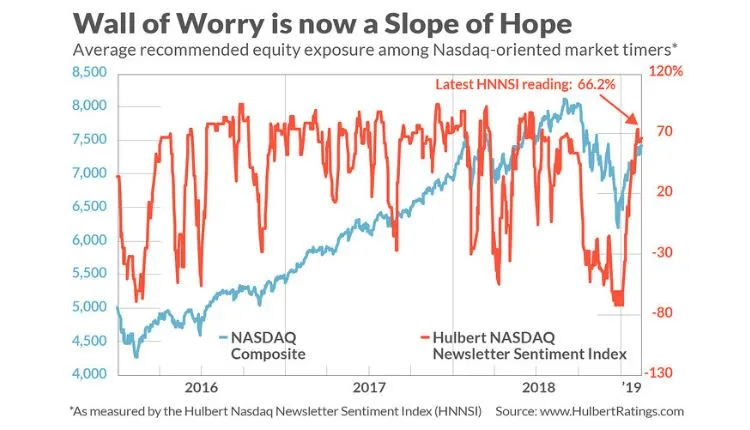Introduction:
The global stock market has been experiencing significant volatility in recent weeks, grabbing the attention of investors and analysts alike. Several factors have contributed to this rollercoaster ride, creating a climate of uncertainty and prompting investors to closely monitor the latest stock market news. In this article, we will delve into the primary drivers behind the current market turbulence, analyze its implications, and provide insights to help investors navigate this challenging environment.
Factors Driving Stock Market Volatility:
- Macroeconomic Factors: The performance of the stock market is closely intertwined with the macroeconomic environment. Factors such as interest rates, inflation, GDP growth, and employment rates play a vital role in shaping market sentiment. Any unexpected changes in these indicators can trigger volatility. For instance, a sudden increase in inflation might lead to concerns about higher interest rates, impacting the profitability of businesses and causing investors to reassess their investment strategies.
- Geopolitical Tensions: Geopolitical events have the potential to disrupt financial markets. Trade conflicts, political instability, and diplomatic disputes among nations can introduce uncertainty into the market. News related to these events often leads to increased market volatility as investors try to anticipate the potential impact on global trade, supply chains, and corporate earnings.
- Company-Specific Factors: Individual companies can significantly influence market movements. Earnings reports, product launches, management changes, and legal issues involving prominent corporations can all trigger fluctuations in stock prices. Investors closely follow news related to these companies, as it can provide valuable insights into their financial health and growth prospects.
Implications for Investors:
The current stock market volatility presents both challenges and opportunities for investors. While volatility can be unsettling, it also creates buying opportunities for those who take a long-term perspective. Here are some key considerations for investors:
- Diversification: Building a diversified portfolio across different sectors and asset classes can help mitigate the impact of market volatility. Spreading investments across various industries and geographical regions can reduce the risk associated with any single company or sector-specific event.
- Fundamental Analysis: Investors should focus on the fundamental aspects of the companies they are interested in. Evaluating factors such as earnings growth, revenue streams, and competitive advantages can provide a more accurate picture of a company’s long-term prospects, helping investors make informed decisions during turbulent times.
- Patience and Discipline: Successful investing requires patience and discipline, particularly during volatile periods. Emotional reactions to short-term market fluctuations can lead to impulsive decisions that harm long-term returns. It is crucial to maintain a disciplined investment approach and avoid making rash moves based on short-term market noise.
Conclusion:
Today’s stock market news reflects the inherent volatility and unpredictability of the financial markets. Macroeconomic factors, geopolitical tensions, and company-specific events all contribute to the fluctuations in stock prices. While volatility can be unsettling, it also creates opportunities for investors who remain calm and take a long-term view. By diversifying their portfolios, conducting thorough fundamental analysis, and maintaining discipline, investors can navigate the turbulent market conditions and position themselves for long-term success.
FAQs:
- Should I panic and sell my stocks during market volatility? Panicking and selling stocks during market volatility is generally not advisable. Emotional decisions based on short-term market fluctuations can lead to suboptimal outcomes. It is important to focus on the long-term prospects of your investments and make decisions based on fundamental analysis rather than short-term market noise.
How can diversification help during market volatility? Diversification involves spreading investments across different sectors, asset classes, and geographic regions. This strategy helps reduce the risk associated with any single investment. During market volatility, some sectors may be negatively affected while others perform well.
